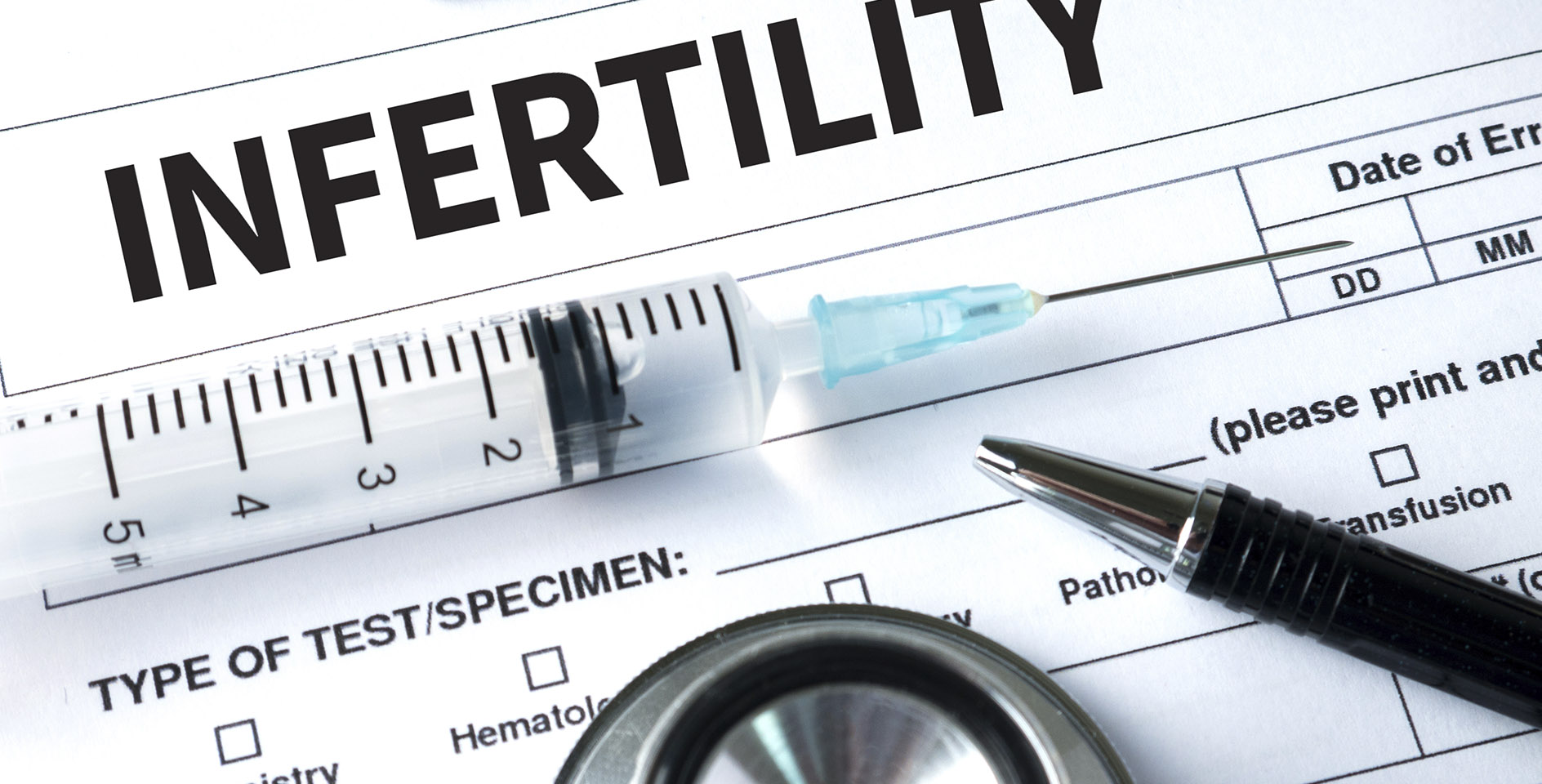Imagine you’re a pastor of a church, and a young, godly couple in your congregation comes to you after a prolonged season of infertility seeking your counsel on whether to pursue IVF (In Vitro Fertilization). What counsel would you offer them? Here’s how I would approach it:
First, I would thank them for their confidence in the wisdom of Scripture and their desire to seek counsel from their pastor. Couples often experience a false sense of shame over infertility and fail to let others help them as they struggle with that diagnosis. I would also applaud them for wanting to share their lives with a child whom they would rear in the nurture and admonition of the Lord, committing themselves to the ministry and hope of raising another generation of Christians.
Second, I would want to know what they thought about the responsibility of parenthood and the moral status of unborn human life. Do they see children as a “do-it-yourself” project or as an awe-filled gift accomplished through a one-flesh union and to be stewarded for the glory of the Lord? Would they consider themselves pro-life? That is, do they believe that every human life should be celebrated and protected from conception onward? If their view is sound, we can move to a few questions about their experience of infertility. If not, we would need to camp here for a bit to be sure they understood that at fertilization at least one genetically unique human being made in God’s image came into the world. After fertilization, twinning could still occur, so it could actually be the case that more than one genetically unique human being might be conceived. And I would underscore the fact that unborn human beings are persons made in God’s image.
Next, I would ask for more details about their diagnosis. “Infertility” is defined as the inability to conceive after 12 months of unprotected intercourse. Have they, in fact, been diagnosed as infertile, or have they assumed infertility because they have not been able to conceive when they thought they might? Has their physician diagnosed a reason for the infertility? Is it a problem with ovulation? Is it due to low motility sperm?
After they describe their understanding of the diagnosis, I would ask them how they are processing what they have learned? How do they feel about the diagnosis of infertility? Then I would listen. I would be listening for important clues. Does the wife feel a sense of inferiority because she’s not able to have a child? Does the husband feel he’s less of a man because he can’t be a father? Do they blame their infertility on past sexual promiscuity or other behaviors? Does one of them subtly blame the other for their problems conceiving? Do they feel they are being punished by God through their infertility?
So, among other things, I would be listening to hear where they think their heavenly Father is in all of this? Do they have a healthy, biblical view of God’s love for his own children? Do they have a robust view of God’s sovereign kindness and providential grace? Do they believe that God uses all things, even trials, to conform us to the image of Christ? Do they have confidence that, whatever the outcome, God is good and has their eternal best interest in view?
If I thought their theological perspectives were biblically sound, then I would ask what they know about in vitro fertilization (IVF). What have they been told about the process? What have they been told about the success rate? Did they know that for women under 35 years of age IVF is only successful about 30 percent of the time and that often the success rate is much lower? What have they been told about how the husband’s sperm would be collected? Did they know, for instance, that in most clinics men are exposed to pornography in order to collect their sperm?
Did they know that more embryos are generated than are transferred to the wife’s uterus (usually 10-12)? Did they know that typically not all the embryos are likely to survive? Most specialists will only transfer two embryos during one cycle. Are they aware that the additional embryos would be frozen and that some of those will die in the thawing process? If they understood these facts, I would ask if they thought it was wise to put these unborn human beings at risk of dying? If, as often happens, a dozen eggs are fertilized in vitro, how are we to justify putting many or all of them at risk of dying during the effort to get pregnant? If one is pro-life, this is a profound question.
Therefore, I would try to persuade them to avoid IVF. I would then return to the beginning of the conversation and applaud them again for wanting to bring another godly generation into the world. I would suggest that they consider adoption. They might choose to adopt a frozen embryo another couple has placed for adoption, or they might work with an agency to adopt a child who has already been born. Doing so does not put any other children’s lives at risk, born or unborn, and is a graciously redemptive act in our broken world.
I would remind them that our loving Father is not “out to get them.” This trial is not meant to harm them, but to help them cultivate trust and confidence in the Lord’s gracious providence. If they think and act biblically and faithfully, the Holy Spirit will bring their desires into conformity with God’s will. His way is the way of life and peace.
Before we departed, I would pray with them and let them know I want to walk with them through their infertility. And I would set a near date to check back with them to see where they are in the process of thinking and praying through their decision.
Editor’s Note: This article is a part of a monthly series sponsored by the Research Institute written by its Research Fellows that focuses on difficult ethical issues facing Christians in the local church.










